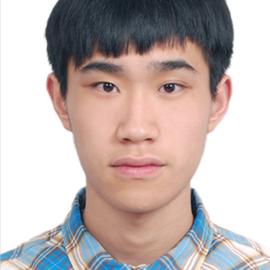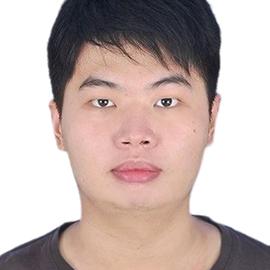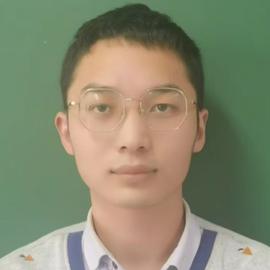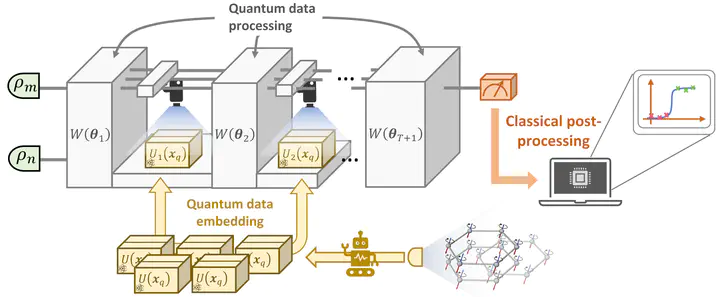Abstract
Quantum neural networks have emerged as promising quantum machine learning models, leveraging the properties of quantum systems and classical optimization to solve complex problems in physics and beyond. However, previous studies have demonstrated inevitable trainability issues that severely limit their capabilities in the large-scale regime. In this work, we propose a quantum recurrent embedding neural network (QRENN) inspired by fast-track information pathways in ResNet and general quantum circuit architectures in quantum information theory. By employing dynamical Lie algebras, we provide a rigorous proof of the trainability of QRENN circuits, demonstrating that this deep quantum neural network can avoid barren plateaus. Notably, the general QRENN architecture resists classical simulation as it encompasses powerful quantum circuits such as QSP, QSVT, and DQC1, which are widely believed to be classically intractable. Building on this theoretical foundation, we apply our QRENN to accurately classify quantum Hamiltonians and detect symmetry-protected topological phases, demonstrating its applicability in quantum supervised learning. Our results highlight the power of recurrent data embedding in quantum neural networks and the potential for scalable quantum supervised learning in predicting physical properties and solving complex problems.
Publication
arXiv:2506.13185

PhD Student (2023)
I obtained my BS and MS degrees in physics from the University of Melbourne. My research interests include distributed quantum computing, quantum entanglement and quantum machine learning.

PhD Student (2025)
I obtained my BS in Applied Physics from Beijing Institute of Technology, Zhuhai (BITZ). I obtained my MSc degree in Physics from The Chinese University of Hong Kong. My research interests include quantum hardware, quantum information theory and quantum computing.

Research Associate
I obtained my BS in Software Engineering from Beijing information science and technology university under the supervision of Prof. Xiulei Liu. I obtained my PhD degree in Computer Software and Theory from University of Chinese Academy of Sciences under the supervision of Prof. Yun Shang. My research interests include tensor network and variational quantum algorithms.

Associate Professor
Prof. Xin Wang founded the QuAIR lab at HKUST(Guangzhou) in June 2023. His research primarily focuses on better understanding the limits of information processing with quantum systems and the power of quantum artificial intelligence. Prior to establishing the QuAIR lab, Prof. Wang was a Staff Researcher at the Institute for Quantum Computing at Baidu Research, where he concentrated on quantum computing research and the development of the Baidu Quantum Platform. Notably, he spearheaded the development of Paddle Quantum, a Python library designed for quantum machine learning. From 2018 to 2019, Prof. Wang held the position of Hartree Postdoctoral Fellow at the Joint Center for Quantum Information and Computer Science (QuICS) at the University of Maryland, College Park. He earned his doctorate in quantum information from the University of Technology Sydney in 2018, under the guidance of Prof. Runyao Duan and Prof. Andreas Winter. In 2014, Prof. Wang obtained his B.S. in mathematics (with Wu Yuzhang Honor) from Sichuan University.
 The framework of quantum supervised learning.
The framework of quantum supervised learning.